1. this giant puzzle.

{for the rainy day distraction.}
2. this tea blend.
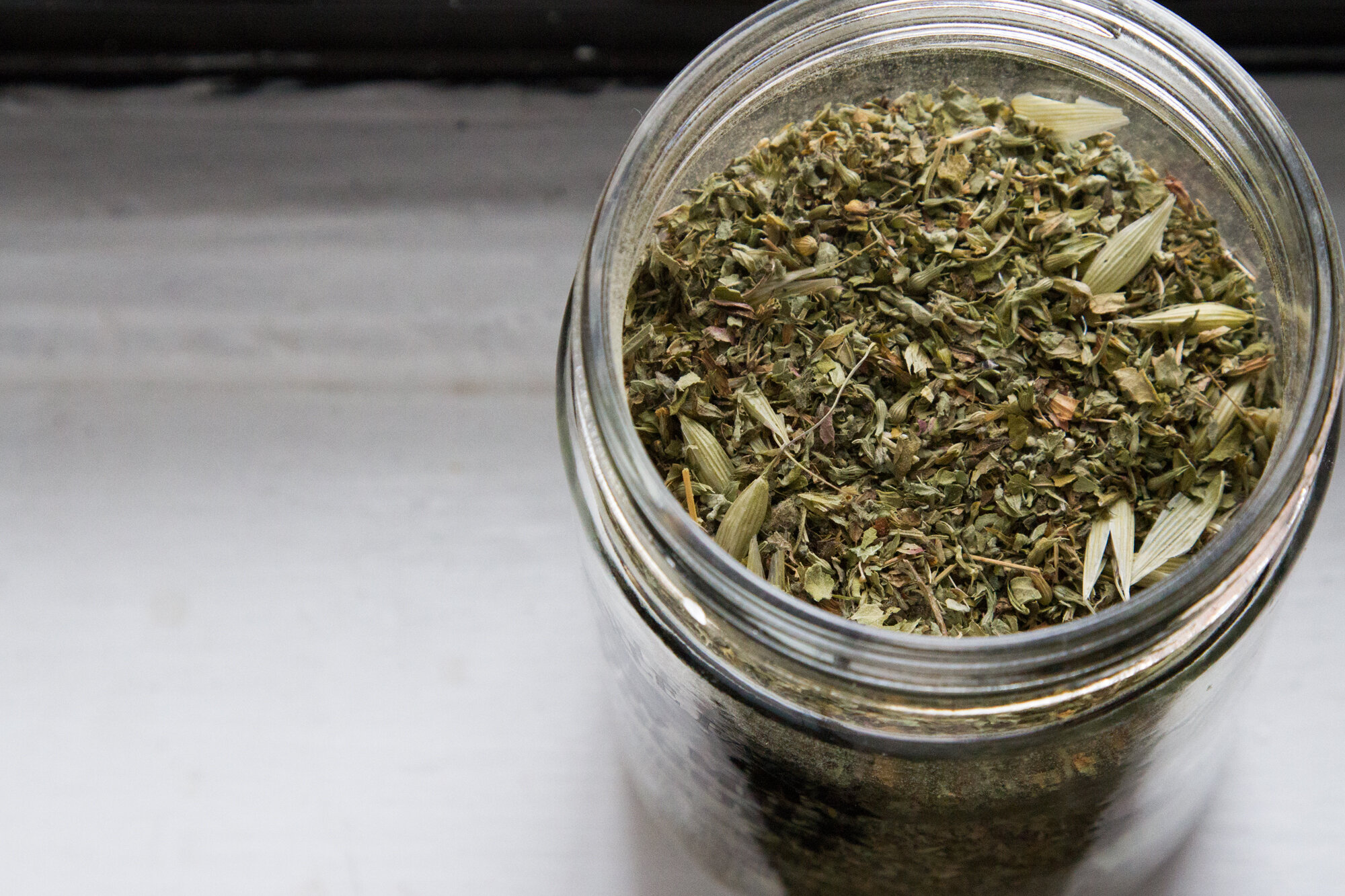
{catnip and lemon balm and milky oat tops for evening calm and wishful thinking.}
3. this fast favorite.
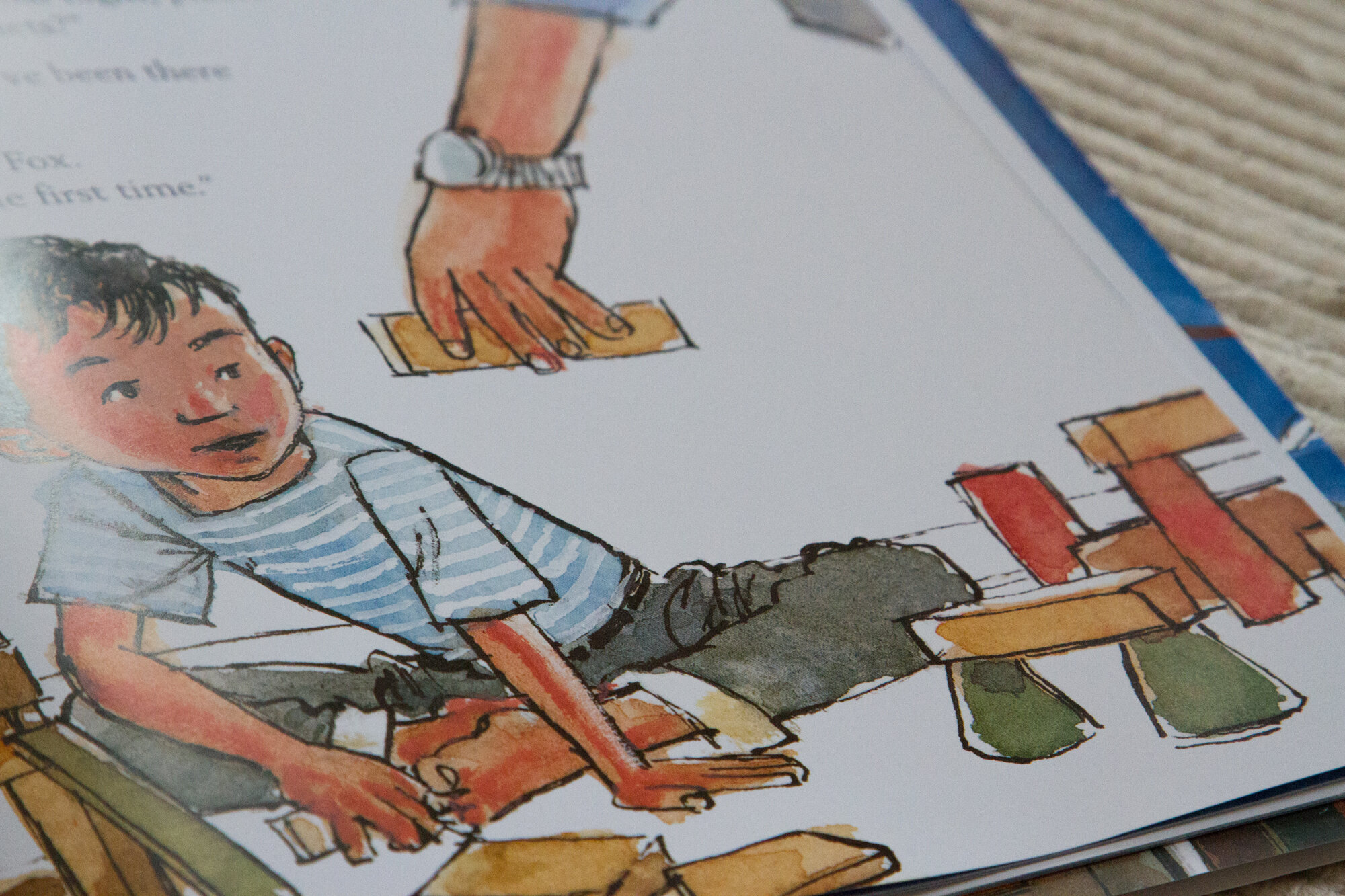
{for making a nightly appearance.}
4. this drop cloth curtain.
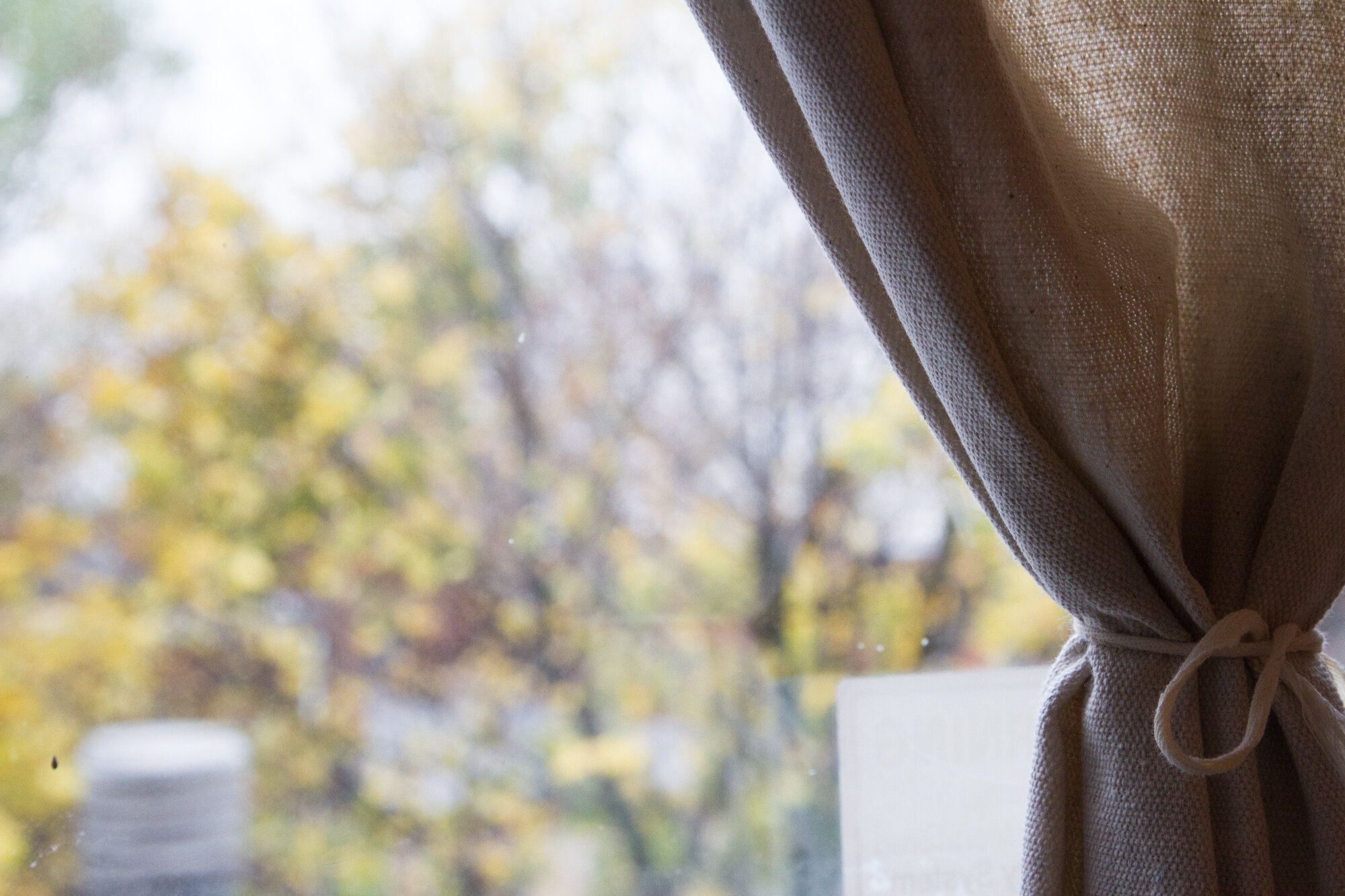
{for a little bit of privacy.}
5. this mid-week water color.
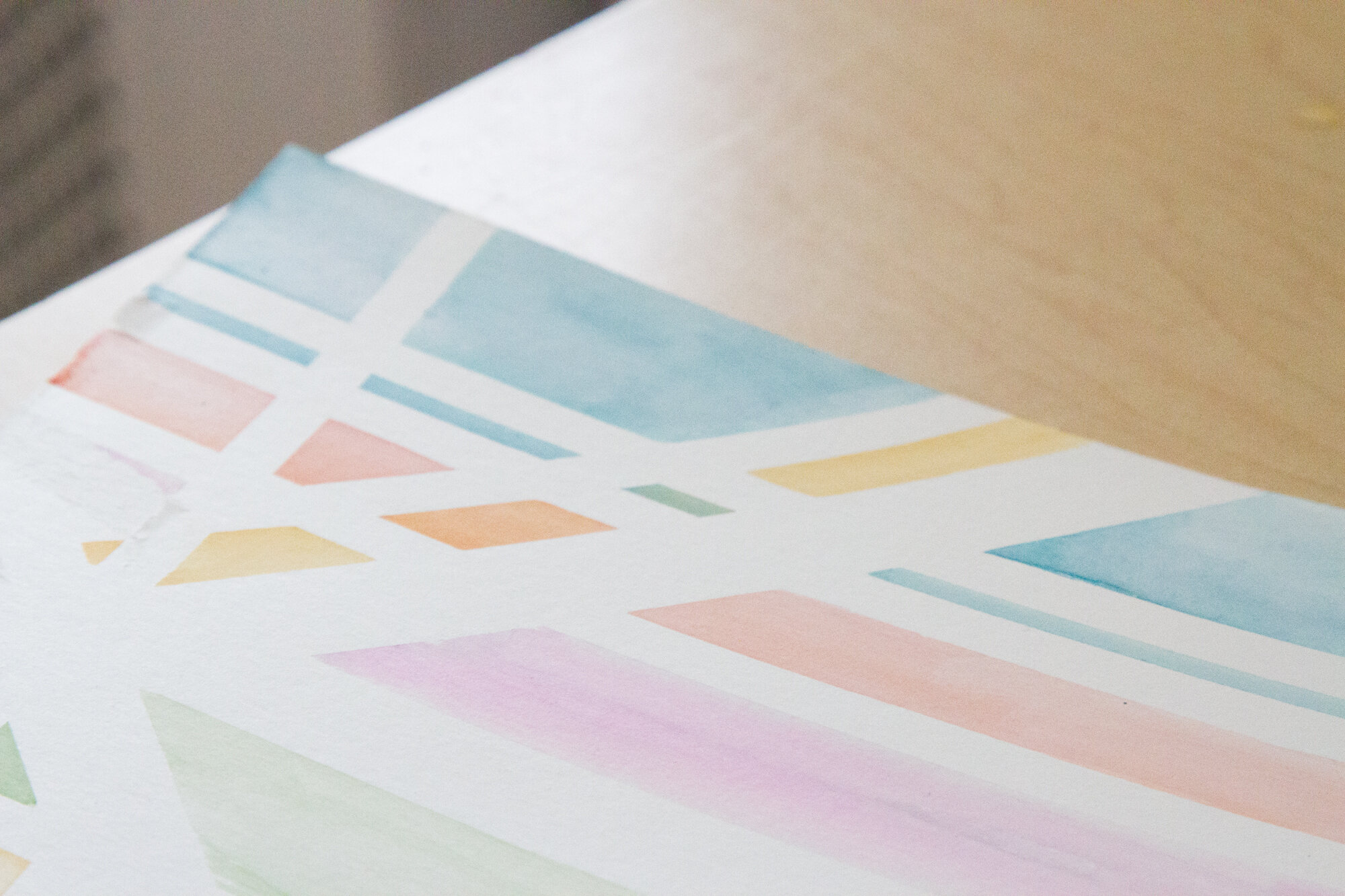
{first grade at home is mostly devastating, but sometimes not.}
other things:
the twilight of the ethical consumer.
let’s not care so much what other people eat. let’s care about what they do.
not just a bunch of people who made independent, personal decisions…
why do moms eat shit and like it?
see you tomorrow, congresswoman elect!
cancel your holiday travel plans.
//
If you’re able, a few simple ways to support this site:
Spread the word. | Buy a copy of Simple Matters | Sign up for my free Skillshare class with the link https://skl.sh/erin or https://skl.sh/erin_live | Drop spare change into a virtual tip jar via Venmo or Paypal (Stay tuned for more robust subscription options coming soon.)| Always, thank you.
This post includes affiliate links for some of the products mentioned. Reading My Tea Leaves might earn a small commission on the goods purchased through those links.


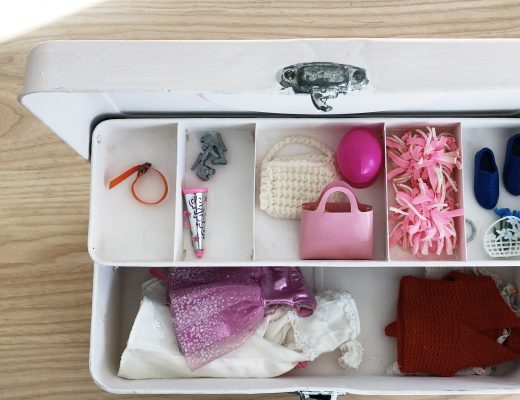

14 Comments
How did you do the beautiful watercolor?
we just put washi tape on the water color paper and then pulled it up!
Loved the article about ethical consumerism. I have found words like “ethical” and “natural” to be rather judgmental, and this article really showed to me why those words irked me. “Unless we believe that rich people, who can afford more ethical products, are somehow more ethical than the rest of us, we must confront that it’s unacceptable and arguably deeply unethical itself to ever tie human “goodness” to what we buy.” Thanks for the read.
I’m not convinced at all by the logic of this statement. Goodness is about committing good acts. People, rich or poor, who commit good acts have committed acts of goodness, truth and fact is the tie, and excluding any act or category from ethical behaviour is without justification, it’s irrational, worse, it’s irresponsible. Prayer isn’t directly efficacious but it’s still a powerful force for positive change. Ethical consumerism is more directly influential, paper straws and cups do make a dent to a tree, and it encourages conscious activity and self awareness. Two vital elements for a better future. When the rich are more ethical and commit more acts of goodness, because it is possible, symbolically or concretely, we can cheer them on and not get entangled in disillusionment about measuring the largess of tangible results to then uncouple socially uncomfortable class situations from the concepts that actually describe the reality, whatever it may be, god only knows.
Thank you for sharing the articles on ethical consumerism, Erin! I definitely fall in to this trap, and it’s basically like immediately losing a game you didn’t even know you were playing. Not that I’m going to stop choosing my goods carefully, but that it cannot be the only thing I do. v thought-provoking and timely.
I have never commented but also wanted to say thanks for the ethical consumerism article! Obviously struck a chord. Something I’ve gotten stuck on (and would guess other readers of this blog have too) is when to buy the expensive, “ethical” onesie vs. buy the $3 polyester sort of ugly used one and like donate the leftover money to a political cause. Love your posts on reusing, making things out of stuff already in the house, etc.
Thanks for the link to the article on Ethical Consumerism. I have to say, I don’t completely agree with Elizabeth Cline (and I’ve also read her books). This feels, to me, like she wants to give herself a pass on not continuing to purchase more ethically-made products. What I question is why she feels it has to be either/or. Why can’t we hold Big businesses more to account and, at the same time, support those businesses that are trying to do that now? I can’t afford a $300 dress, but I can support a local organic farmer.
Yes, totally agree. I really appreciated Alicia Kennedy’s perspective on that in her piece.
I hadn’t read Kennedy’s piece when I posted my comment, but I have now. She definitely nails it.
Quick question— any chance you’ll write another book now that you have three kids and kids in school? Yes, I have multiple kiddos in school, why do you ask? 🙂 It definitely affects how to go about simplifying.
All of these articles are FANTASTIC. Especially loved the article on Ethic Consumerism, but all the others were spot on as well. THANK YOU!
Hi Erin!
I read your blog since long long time ago.. u had only 1 kid. I followed your steps and sometimes forget u exist too but in the end , somehow.. u came up again and again in my reading choices… and you r actually THE ONLY BLOGGER I follow that long because I actually admire ur words, thoughts and actions. All started bc of ur cute apartment.
Anyway.. the reason I write is because I just bought ur book (from Sweden) Thought of it many times but never did it. Felt it was more than time for you to get supported for ur amaizing work. Love ur simplicity 🙂
And Love ur book by the way… 🙂
All the best for u and ur family
MM
I’m glad I’m no t the only one churning the “ethical consumer” article over in my brain 🙂 how do you feel about it?
I really liked it! Elizabeth Cline’s book Undressed really started me thinking about the ethics on consumption when it came out more than a decade ago and it’s fascinating to see her own evolution regarding all of this. I don’t think it’s possible for any of this to be all or nothing and I do think that if folks can afford goods that have been made with good ethics in mind, they should! But I agree that there’s a slippery slope here regarding individualism vs. collectivism and that more than demonizing or lionizing individual actions of individual people, our efforts should be on holding corporations and governments accountable for the harms perpetrated. I really liked reading it in tandem with the Alicia Kennedy piece I linked too!
Comments are moderated.